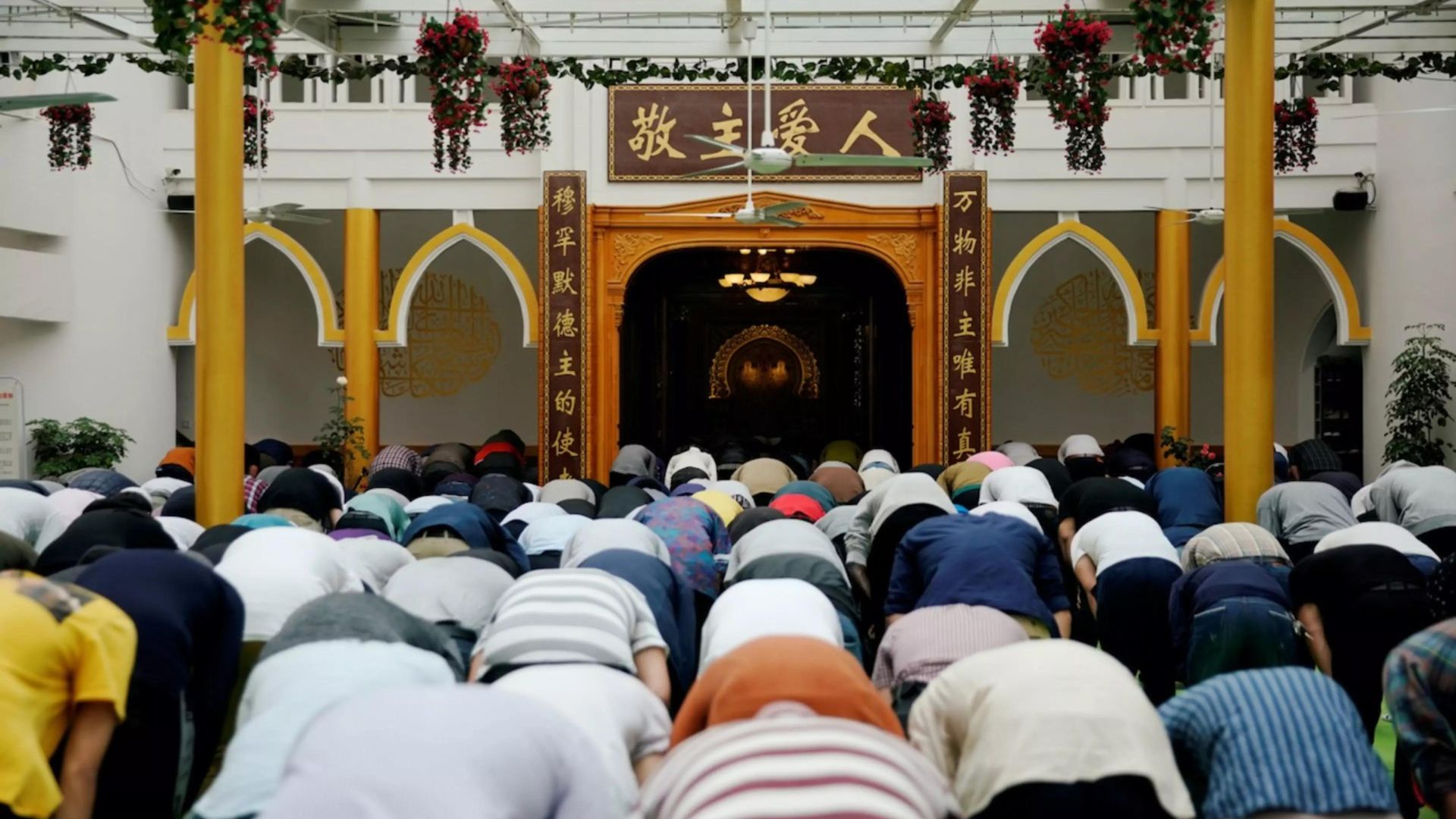
|
Getting your Trinity Audio player ready...
|
Religious freedom or religious independence is often heralded as a cornerstone of democracy and human rights. Additionally, it serves as a beacon of liberty in our increasingly interconnected world. It encompasses the fundamental principle that individuals should have the autonomy and freedom to practice their beliefs without fear of persecution or discrimination. In this exploration, we delve into the intricate tapestry of religious independence, tracing its historical origins, and navigating present-day complexities. We will be also highlighting its transformative impact on fostering inclusive societies and exploring strategies for its promotion.

Understanding Religious Freedom
At its core, religious independence embodies the right of individuals to follow, express, and manifest their religious beliefs freely, both in private and public spheres. Rooted in principles of autonomy, dignity, and pluralism, religious freedom acknowledges the inherent worth and diversity of human spirituality. Furthermore, it affirms the sanctity of individual conscience and the importance of respecting differing faith traditions. It is a fundamental human right enshrined in numerous international declarations and conventions. Additionally, these declarations include the Universal Declaration of Human Rights and the International Covenant on Civil and Political Rights.
The Historical Context of Religious Freedom
The concept of religious independence has traversed through epochs of human history. Additionally, it is shaped by landmark events and enduring struggles for liberty. From the Edict of Milan in 313 CE, which granted religious tolerance within the Roman Empire, to the ratification of the First Amendment to the United States Constitution in 1791, which enshrined religious independence as a fundamental right, the journey towards religious liberty has been marked by triumphs, setbacks, and ongoing debates on the boundaries of religious expression. Throughout history, individuals and communities have fought valiantly for the right to practice their beliefs freely, often in the face of persecution, oppression, and religious conflict.
Contemporary Challenges to Religious Freedom
Despite its universal recognition, religious independence faces a myriad of challenges in contemporary society. From governmental restrictions and state-sponsored persecution to social prejudices and interfaith tensions, the pursuit of religious liberty is fraught with complexities and tensions. Issues such as religious extremism, sectarian violence, and discrimination based on faith continue to undermine efforts to safeguard the rights of religious minorities and promote tolerance and understanding. Moreover, emerging challenges such as digital censorship and surveillance further complicate the landscape of religious independence, posing new threats to individual liberties and freedom of expression.
The Importance of Religious Freedom in Pluralistic Societies
In diverse and pluralistic societies, religious independence serves as a cornerstone for social cohesion, tolerance, and coexistence. By upholding the rights of individuals to practice their faiths freely, societies can cultivate environments of mutual respect, understanding, and dialogue, where differences are embraced as sources of enrichment rather than division. Moreover, religious independence fosters a sense of belonging and inclusivity. It also empowers marginalized communities and advances principles of social justice and equality. In societies where religious diversity is celebrated and respected, individuals are more likely to engage in meaningful dialogue, bridge cultural divides, and build strong, resilient communities.
Promoting Religious Freedom
Efforts to promote and protect religious independence span a spectrum of strategies and initiatives, encompassing legislative reforms, educational outreach, and interfaith dialogue. Governments, civil society organizations, and religious institutions collaborate to enact laws that safeguard religious minorities. Moreover, they educate communities about the importance of religious tolerance and facilitate constructive dialogue between different faith traditions. Grassroots activism and advocacy also play a vital role in amplifying the voices of marginalized communities. It also holds governments accountable for upholding religious freedom. Additionally, international organizations such as the United Nations and regional bodies work to monitor and address violations of religious independence on a global scale. They advocate for the rights of individuals and communities to practice their beliefs freely.
The Global Impact of Religious Freedom
The promotion of religious independence transcends national borders, with profound implications for global peace, security, and development. By fostering environments of religious tolerance and respect, societies can mitigate conflict, promote social stability, and create conditions conducive to inclusive and sustainable development. Furthermore, religious freedom catalyzes democratic governance, facilitating the free exchange of ideas, beliefs, and cultural expressions. This enriches the fabric of human civilization. In societies where religious independence flourishes, individuals are empowered to fully participate in civic life, contribute to social progress, and pursue their aspirations without fear of reprisal or discrimination.
Conclusion
In conclusion, religious independence stands as a fundamental human right and a cornerstone of democratic governance. Upholding the principles of religious liberty is essential for building inclusive, resilient, and harmonious societies. This embraces diversity and celebrates the richness of the human experience. By fostering environments of religious tolerance, understanding, and respect, we can pave the way for a future where individuals of all faiths and beliefs can coexist peacefully. Additionally, united by a shared commitment to freedom, dignity, and mutual respect. In the face of ongoing challenges and complexities, we must continue to champion the cause of religious freedom. We should also affirm its central role in shaping a more just, compassionate, and inclusive world for generations to come.
